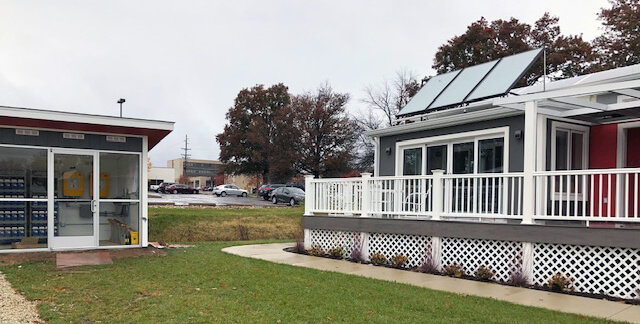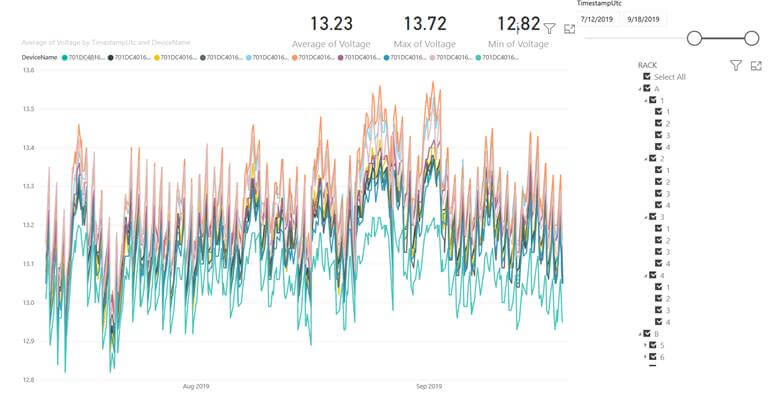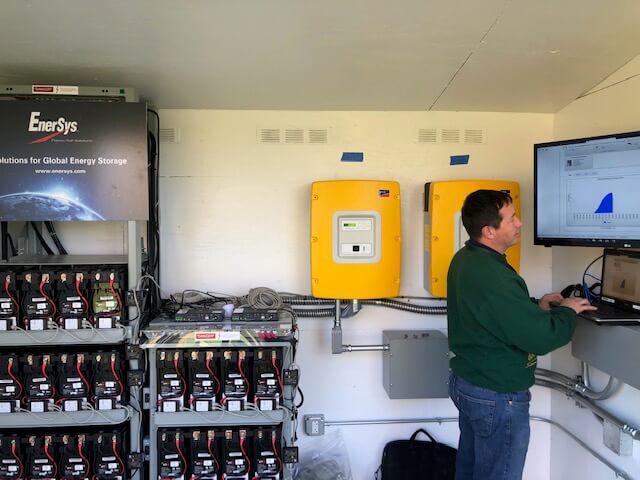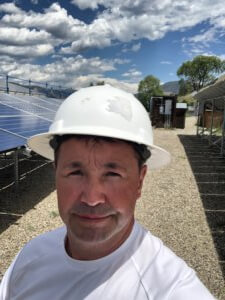
15 June 2020
CBI Guest Blog: Stephane Menand, Director of Solar Villages and Microgrids: Research, Operations, and Outreach at the Center for Research in Energy and Environment
At the Missouri University of Science and Technology (Missouri S&T), an EcoVillage is being powered by advanced lead batteries. This living laboratory, which conducts renewable energy research, education and outreach, has been successfully running since 2018 with the support of the Consortium for Battery Innovation.
The solar-powered homes in the EcoVillage, which double up as student accommodation, were constructed by S&T’s very own students for the U.S. Department of Energy (DoE) Energy Solar Decathlon competitions. A fusion between research and industry, CBI Missouri-based members EnerSys and NorthStar Battery provided advanced lead batteries for the energy storage systems installed in the homes.

Part of a microgrid, the role of the batteries is to be a reliable source of power in case of grid outage. Connected to the solar panels on the roof of the homes, the batteries undergo daily micro charge and discharge cycles as solar generation fluctuates. For the last two years, the advanced lead batteries have successfully provided a high level of performance required by the system, demonstrating their qualities as a robust and reliable energy storage technology.

This project is just one of a vast variety of energy storage projects utilizing lead batteriesacross the globe. CBI works with their membership which consists of the most important players from the entire lead battery value chain, and combining the research expertise of world-class universities and research institutes, the Missouri S&T project represents the collaboration fostered by CBI to ensure the future demand for clean, sustainable energy storage is met by advanced lead battery technology.
As members of S&T’s Microgrid Industrial Consortium, CBI is able to help guide the S&T consortium’s research and hands-on training pursuits to include a focus on lead battery energy storage. Research projects that have been funded through the microgrid consortium include: Electrode Paste Structure-Property Relations in Lead Acid batteries for Improved Weight Management, Application of Lead Acid Batteries in Microgrid Systems, and Understanding Degradation Mechanisms of Lead Acid Batteries and their Hybrid Systems.
Dr. Mehdi Ferdowsi, Director of the S&T Microgrid Industrial Consortium, said: “We have appreciated the opportunity to conduct research on lead battery energy storage systems in partnership with CBI. Lead batteries have been around for over 150 years, but it has been exciting to know that there are new opportunities to extend battery life, reduce battery weight, and to identify where lead batteries are the best choice for specific microgrid applications.”

The EcoVillage and the Solar Village living laboratories fall under S&T’s Center for Research in Energy and Environment. The center aims to utilize the living laboratories to expand research opportunities in sustainable and resilient housing, smart home technologies, and solar energy with energy storage. S&T is also looking at opportunities to offer training courses in solar energy and energy storage. A recent Funding Opportunity Announcement from the US DoE identified the need to train first responders on the unique requirements for buildings with renewable energy and energy storage. S&T researchers responded with a concept paper that outlines the unique aspects of the EcoVillage living laboratory to support this need. The US DoE responded favourably to the concept paper, and encouraged the S&T research team to submit a full proposal.
In addition to first responders, the EcoVillage solar homes and lead battery energy storage systems provide the opportunity to provide hands-on training to installers, maintainers, code enforcers, and inspectors of renewable energy and energy storage systems.
There is an identified need in our area for this type of training and workforce development opportunity. Our vision is to develop the EcoVillage with additional resources and classroom space to provide both hands-on and classroom training to create a pipeline of highly trained individuals who can support the growth of renewable energy and energy storage in Missouri.


09/12/2025